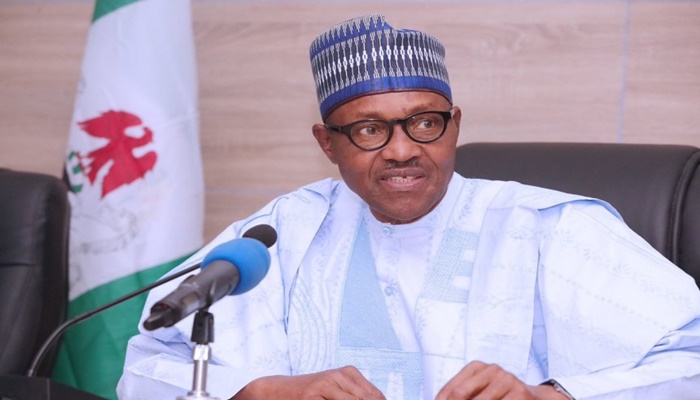
Financial experts on Thursday backed the Federal Governmen’s move to stop foreign exchange on food importation, saying it would boost the nation’s foreign reserve and local production of food items.
They told the News Agency of Nigeria (NAN) in separate interviews in Lagos that the policy if properly implemented would curb importation as well as protect value of the naira.
Prof. Sheriffdeen Tella, Professor of Economics, Olabisi Onabanjo University Ago-Iwoye, Ogun said that one of the ways to protect the value of the naira was to curb importation.
“This is a difficult time for the external sector of our economy and government must act to protect serious downward slide in the value of the naira.
“Oil price is going down again and the foreign reserve has started declining due to Central Bank of NIgeria (CBN) intervention in the forex market.
“One of the ways to protect the value of the naira is to curb importation. So the President was right in taking that decision,’’ Tella said.
He said that the policy would encourage and assure farmers that “if they increase their outputs, they can always find customers, which are good for the economy.
“Nigeria should have no business importing food in the 21st century if we had modernised agriculture in the last one or two decades, but we still see farmers carry cutlass and hoes to farm to produce food.
“Farmers in all areas, crops, animal husbandry, livestock, and even agro-allied industries should take advantage of this policy to unleash their potential and modernise their operations,’’ Tella said.
He, however, said that consumers would suffer in the immediate term because prices of food items would increase.
“But in the medium to long term, if the tempo of production activities to be generated is sustained, everyone will be better off.
“At least, we can be forced to consume what we produce,’’ Tella added.
Mr Sola Oni, a chartered stockbroker and Chief Executive Officer, Sofunix Investment and Communications said that philosophy of stopping food importation was to revolutionise agriculture, Nigeria’s hitherto economic life wire.
Oni, however, said that it requires a strong political will to implement such a policy.
He said that adequate infrastructure and incentives must be provided to encourage local production of such food items.
“The economics of the policy is to create employment opportunities locally and earn foreign exchange through exportation of such food items in the final analysis.
“The big elephant in the house is the usual issue of implementation. Nigeria has never lacked good policies but the strength of character to ensure implementation.
“It is hoped that policy will not be circumvented by rent seeking Nigerians who always have their way through top-level political network,’’ Oni said.
Oni said that he was in support as long as it would not cause extreme hardship.
He noted that the benefits of the policy outweigh challenges in the medium and long run if properly handled.
“Why must we import what we can produce, thereby depleting our external reserves,’’ he asked.
According to him, government should be sure that Nigeria has achieved food security.
“The policy can be done in phases to ease possible tension. It could be done in three to five years before full implementation,’’ Oni said.
NAN reports that Buhari had recently directed the apex bank to stop providing foreign exchange for importation of food into the country.
According to him, the directive is to achieve steady improvement in agricultural production, and attainment of full food security.
-NAN






